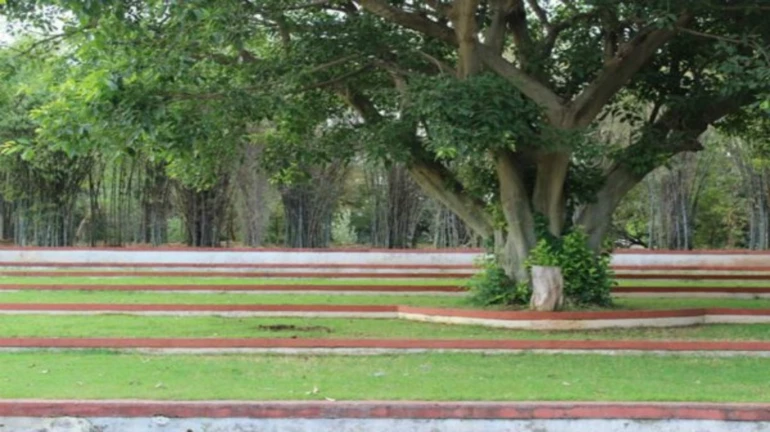
As per a latest survey, climate action emerges as the second-most crucial factor influencing the choice of political candidates or parties among first-time voters (aged 18-22 years) in Maharashtra.
Additionally, a majority (52.2%) of the respondents identified climate education as the most effective strategy for the government to address the climate crisis.
The survey carried out in the month of January 2024, titled 'Perception of First-Time Voters on Climate Education in India', was conducted by Asar Social Impact Advisors, the Climate Educators Network (CEN), and CMSR Consultants across seven cities. It surveyed 1600 first-time voters from states including Maharashtra, Delhi, Tamil Nadu, and West Bengal.
A total of 400 respondents from Mumbai and Pune participated in the survey, representing a diverse demographic in terms of gender, education, and income levels to ensure a comprehensive range of perspectives. They answered a detailed questionnaire and participated in a Focus Group Discussion as part of the data collection process.
Bhagwan Kesbhat, Founder of the Waatavaran Foundation, stated that recurring climate concerns in the state, such as air pollution and severe summer droughts, have led to increased awareness about the issue of climate change and Climate education can bridge the gap between awareness and action.
"A majority of respondents from Maharashtra (53%) believe that integrating climate education into the curriculum empowers students to understand and address climate challenges, thus playing a crucial role, especially in schools," said Kesbhat, advocating for mandatory climate education in schools and effective policy implementation at all educational levels.
Most of the respondents' feelings towards climate change ranged in the negative sphere from hopelessness (30%), fear (29%) to anger (11%), anxiousness (10%) while only a small percentage (20%) have shown hope or optimism for the future. Meanwhile 60% of respondents believed that climate awareness is the most important topic that climate education should address, followed by climate justice (47%) and adaptation (41%).
The study showed that 79.4% of respondents felt they received adequate information on climate change causes and consequences. Focus group discussions further revealed that respondents would like to have more comprehensive climate education guidance from educators.





